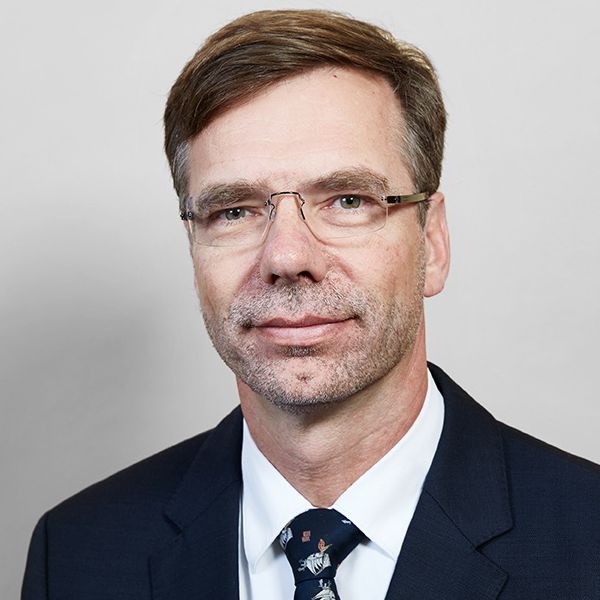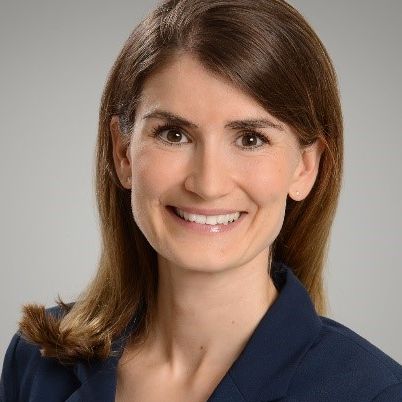With information, education, empathy, and awareness we support people with visible skin conditions, fighting stigmatization.
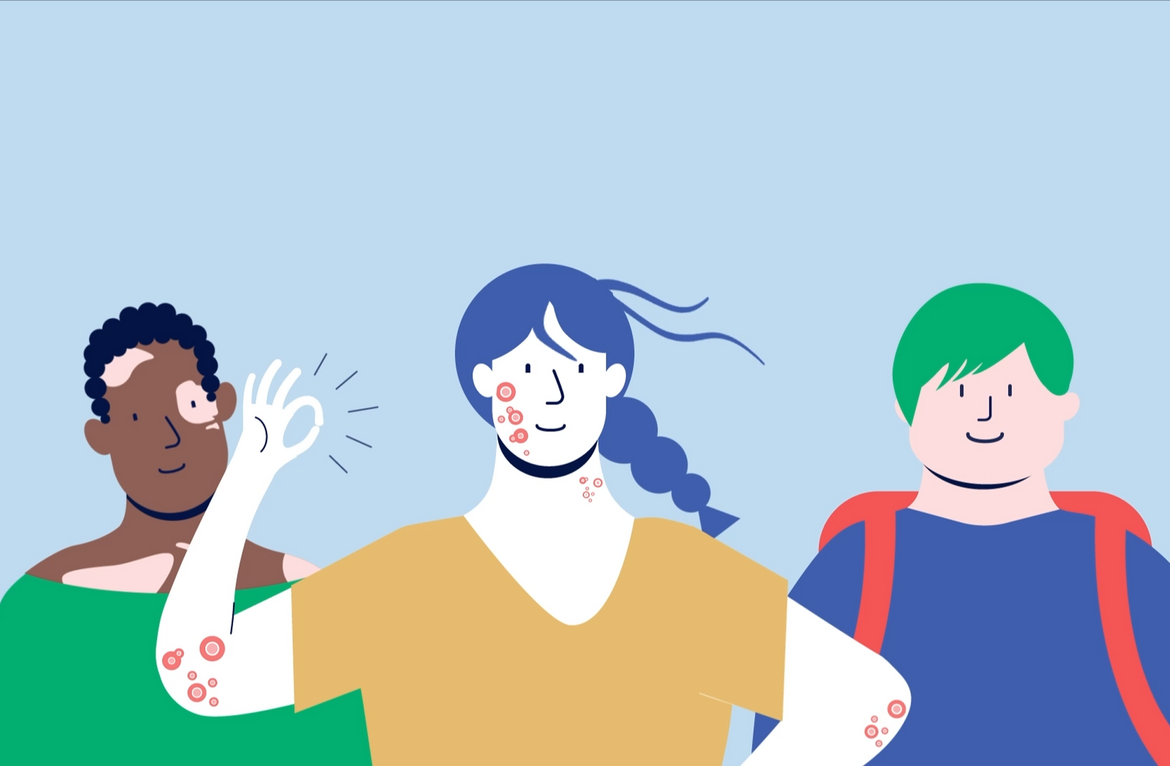
Through the transfer of knowledge, with awareness and education, we oppose the exclusion of people with visible skin diseases.
Who we are: Together against stigmatization
In my skin is an initiative of scientists, dermatologists, psychologists, public health experts, patient representatives and policy advisors. Our initiative emerged from a health services research project with the acronym ECHT. In German, ECHT stands for destigmatization of people with visible chronic skin diseases.
From 2018 to 2020, commissioned by the German Federal Ministry of Health, we studied whether and how stigmatization can be prevented and pushed back. Our findings show that it is possible to successfully fight against stigmatization and exclusion through targeted knowledge transfer, awareness-raising, sensibilization, and education.
Knowledge transfer starts in undergraduate studies, graduate coursework, and vocational capacity building. Sensibilization is important for future doctors as well as in the training of educators and social workers, who can set the course in early childhood education and often hold a role-model function. The same goes for professionals in other health professions as well as for teachers, trainers and instructors, and many more. This is where we come in.
The mission of In My Skin is to disseminate these research findings and put them into practice - along with and for those affected.
We help: Advice and support for those affected

Verein www.Psoriasis-Netz.de
Claudia Liebram
Schmitzweg 64
13437 Berlin
T: +49 30 61 28 30 90
M: +49 157 54 89 29 72

Deutscher Psoriasis Bund e.V. (DPB)
Marius Grosser
Seewartenstraße 10
20459 Hamburg
T: +49 40 22 33 99 0
Did you know?: What stigmatization actually means
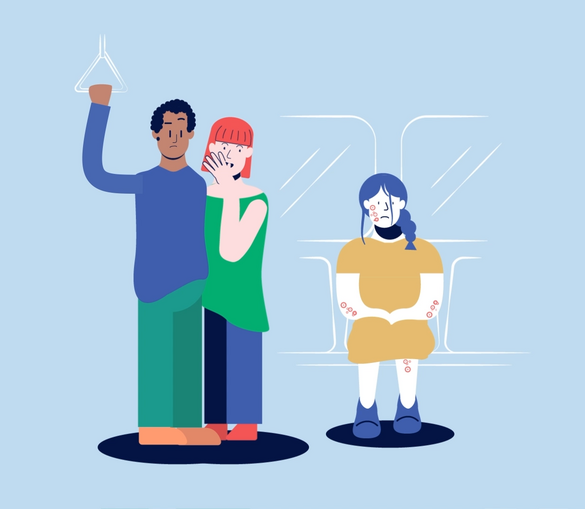
Stigmatization has a lot to do with preconceptions and gaps in knowledge. People with visible skin conditions look different – different from the "norm" and thus from habit. And unfamiliar things cause fear and rejection in many people. But this doesn’t have to be the case! While the affected blotchy, reddened and scaly areas of skin may look ugly to some or appear repulsive, they are not dangerous or contagious.
Stigmatization increases
suffering
Those affected suffer in multiple ways: from symptoms such as itching, from their appearance and from the disparaging looks of others. Until a few years ago, treatment options were limited - which also led to high levels of suffering, often resulting in social withdrawal, self-isolation and further mental illness. Fortunately, treatment options today are varied and promising.
Many causes for skin diseases
Did you know that skin diseases can have many possible causes? They can be genetic, they can be chronic-inflammatory, they can go in relapses, they can almost disappear and then still come back. There are triggers for flare-ups and exacerbations, too: Obesity is one of them, a skin injury can be a trigger as well as stress, smoking or alcohol consumption.
A voice for affected people
Stigmatization is a cross-cutting issue between medical care, public health, education and participation. As a result, no government entity is really in charge – the puck gets pushed around. It doesn’t help much either that those affected have no lobby. With this initiative, we also want to draw attention to these unaddressed issues. For each and every one of us is stuck in our own skin - and cannot shake it off.
All ages
One in every four people is affected by skin diseases. Every third person who visits their family doctor has a skin problem. Chronic inflammatory skin diseases such as psoriasis or neurodermatitis are widespread - and one in three people with psoriasis also develops arthritis. Skin diseases occur in all age groups. And yet, because those affected often suffer alone, diseases that are visible in themselves are socially invisible.
What we do: How we are tackling stigmatization
Our initiative #InMySkin tackles the challenge: we show that help, support, and treatment options are available. The direct and indirect costs of exclusion, self-isolation, depression and even increased suicidality are high for each individual and for society as a whole, and they can be prevented. Thus, we go about stigma from many angles:
- We address young people directly, aim to build a presence in social media, and use peer-to-peer for dissemination and education.
- We offer advice and support for those affected.
- Based on findings from the ECHT research project, we address multipliers and opinion leaders, universities, technical colleges, training centers and schools.
- For decision makers, we have drawn up actionable recommendations to meet the challenge of destigmatization at the political level.
After all, it is not only people with skin conditions who are affected: Many people who look different can be excluded and stigmatized because of their appearance, a visible disease or disability - and suffer just as much as people with skin diseases.
Scientific issues: Contact and information
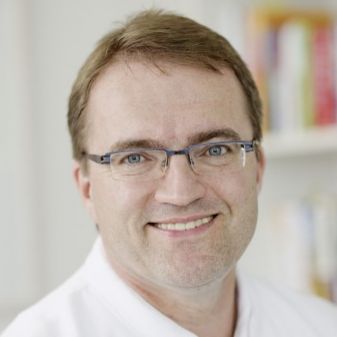
University Medical Center
Hamburg-Eppendorf
Prof. Dr. med. Matthias Augustin
Director, Institute for Health Services Research in Dermatology and Nursing (IVDP)
Martinistr. 52
20246 Hamburg
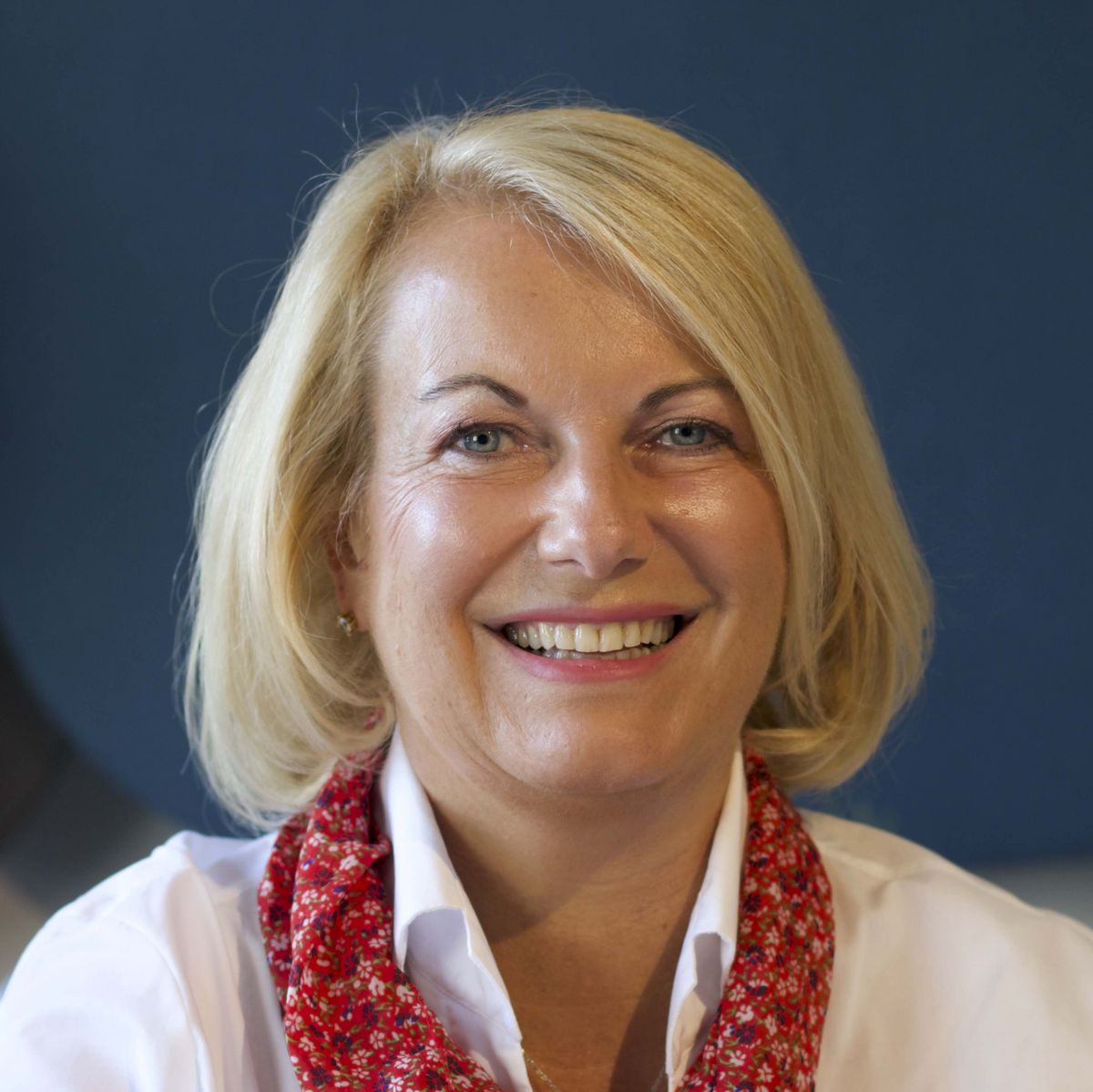
Berufsverband der
Deutschen Dermatologen (BVDD) e.V.
Caroline Paulsen
Leiterin der Geschäftsstelle Berlin
Schumannstr. 18
10117 Berlin
M: +49 151 12124250

Further information
Results and detailed information on the ECHT project (in German)
